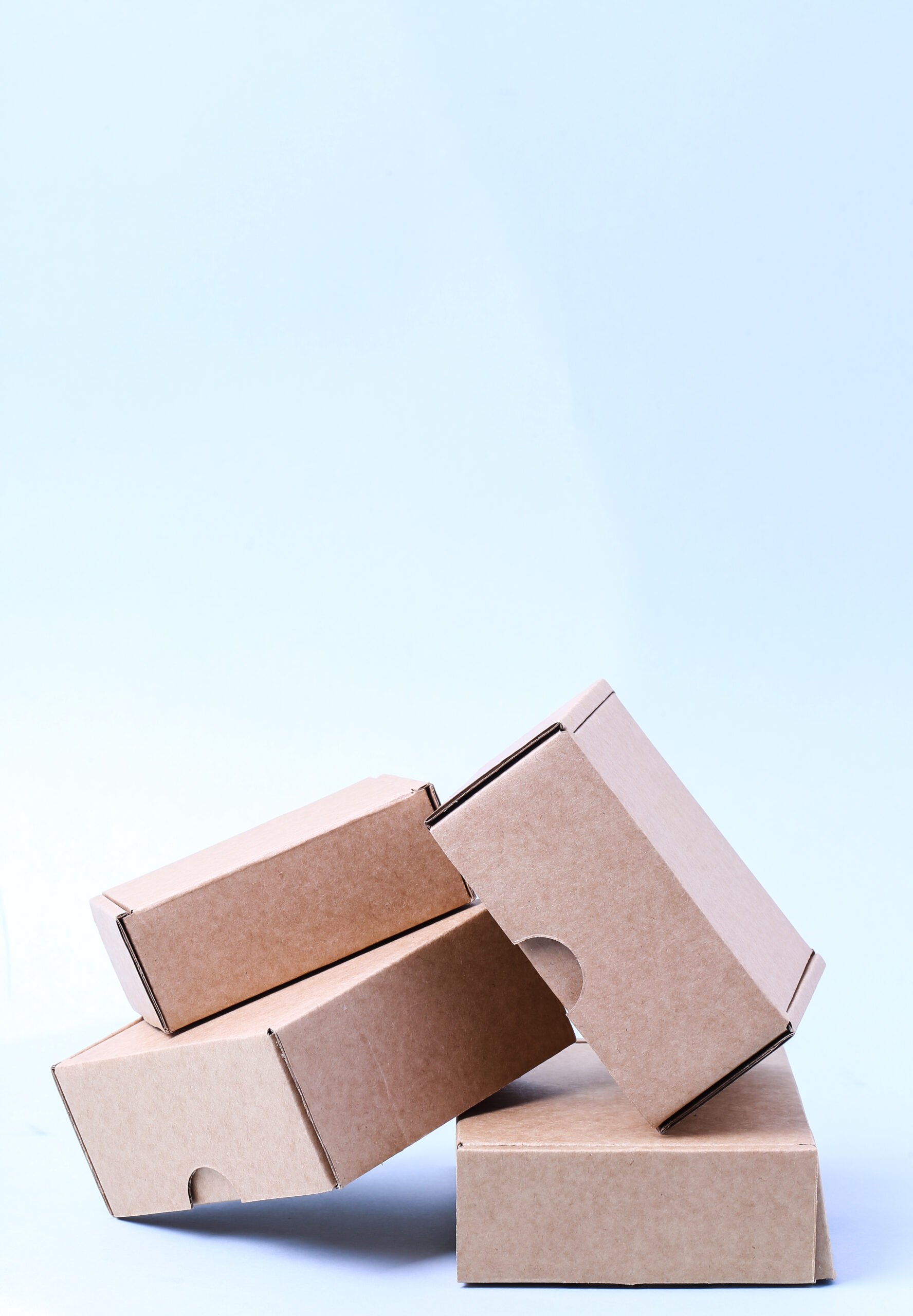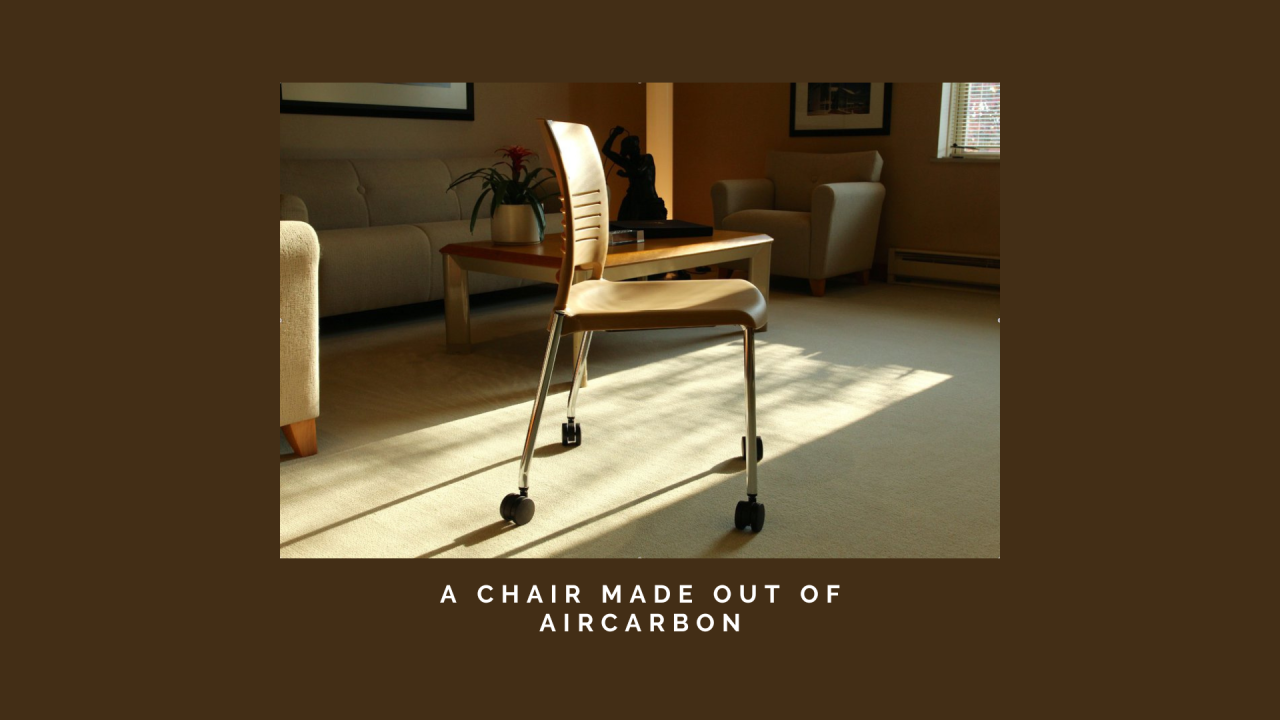

AirCarbon is a carbon-negative plastic made from captured methane emissions. It is a thermoplastic material that can be used to make a variety of products, including food packaging, straws, cutlery, and furniture. AirCarbon is stronger and more durable than traditional plastics, and it is also compostable and biodegradable.
AirCarbon is made by Newlight Technologies , a company that was founded in 2003 by Mark Herrema . Herrema was inspired to create AirCarbon after reading an article about the increase in methane emissions from dairy farming. Methane is a greenhouse gas that is 25 times more potent than carbon dioxide, and it is a major contributor to climate change.
Newlight Technologies uses a process called microbial fermentation to convert methane emissions into AirCarbon. The process starts with methane emissions from sources such as landfills, wastewater treatment plants, and livestock farms. The methane is then captured and fed into a bioreactor, where it is combined with water and a biocatalyst. The biocatalyst converts the methane into AirCarbon, which is then removed from the bioreactor and processed into pellets.
AirCarbon is a carbon-negative material because it removes more carbon dioxide from the atmosphere than it produces. The production of AirCarbon also uses less energy than the production of traditional plastics, which further reduces its environmental impact.
AirCarbon is a promising new material that has the potential to help reduce our reliance on fossil fuels and combat climate change. It is a strong, durable, and sustainable alternative to traditional plastics, and it has the potential to be used in a wide variety of applications.
Here are some of the benefits of AirCarbon:
AirCarbon is still a relatively new material, but it has the potential to make a significant impact on the fight against climate change. It is a promising alternative to traditional plastics that is strong, durable, sustainable, and carbon-negative.